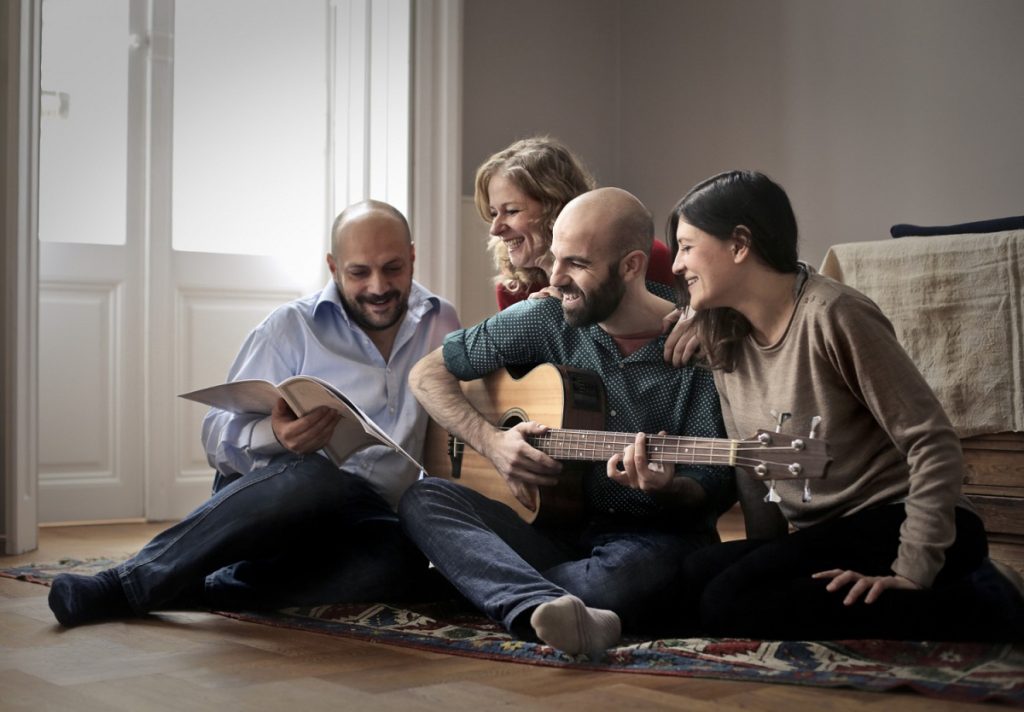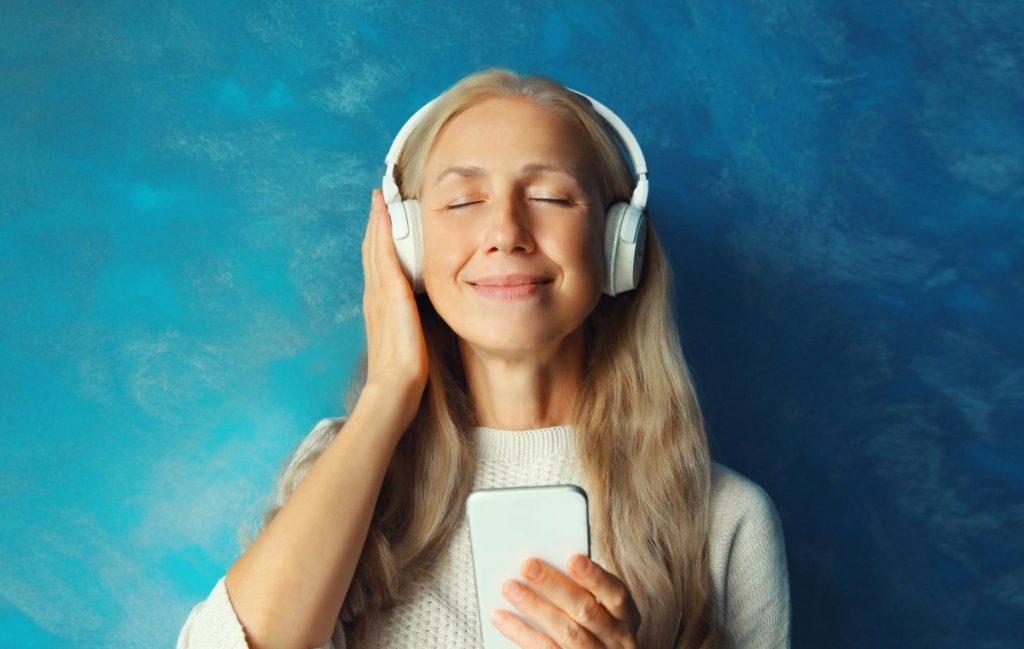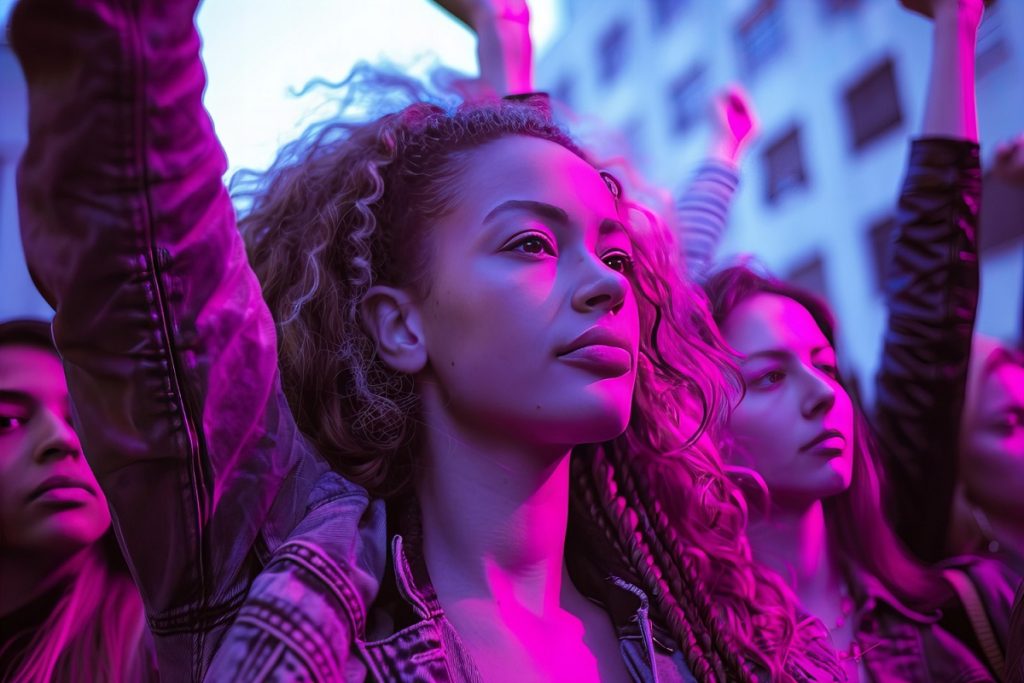Music, much more than just a backdrop to our daily lives, wields the power to challenge and reinforce societal norms, including those related to gender.
The soundscapes we immerse ourselves in don’t just echo our reality—they help shape it, weaving through the fabric of personal identity and cultural expressions. This article delves into the profound ways music has both challenged and celebrated gender norms over the decades.
Influence on gender identity and expression
The power of music to influence gender identity and expression is undeniable. Artists like David Bowie, Prince, and more recently, Billie Eilish, stretch and blur the boundaries of what is conventionally expected from male and female performers.
Through their androgynous aesthetics and lyrics that often explore themes beyond traditional gender roles, these artists offer fans a broader palette of gender expressions.
Breaking stereotypes
Lyrics that defy gender norms give strength to listeners to redefine themselves outside traditional frameworks. Ani DiFranco’s “In or Out” questions the binary nature of gender explicitly, encouraging a freedom of identity that has resonated deeply with her audience.
Role in social movements
Historically, music has been a crucial part of social movements, acting as both a catalyst for change and a vessel for emotional expression.
Songs from the women’s liberation movement in the 70s, such as Helen Reddy’s “I Am Woman,” became anthems that echoed beyond mere chorus lines, influencing perceptions and inspiring political action.
Empowering marginalized voices
The Riot Grrrl movement of the 1990s utilized punk music’s raw, unfiltered energy to scream against the orthodoxy, crafting spaces for women in the predominantly male world of punk rock. Bands like Bikini Kill and Bratmobile challenged the music industry’s gender norms and demanded more inclusivity for women.
Impact on mental health
Music offers a unique form of emotional solace and a safe space for exploring personal and collective challenges related to gender. For many, it offers a therapeutic channel for coping with societal pressures, mental health struggles, and the search for personal identity.
Creating safe emotional spaces
Listening to artists that resonate with an individual’s gender experiences can validate those feelings and provide comfort. For example, listening to Sam Smith or Tash Sultana, both artists who discuss non-binary identities, can be particularly empowering for fans who are themselves exploring similar issues.
Cultural reflection and progress
Music not only reflects societal changes related to gender but also helps drive them. As societies move towards a more inclusive understanding of gender, the music industry sometimes lags behind, yet in many cases, it leads the charge by challenging accepted norms through provocative musical and visual content.
A mirror and a catalyst
When Kendrick Lamar weaves narratives about masculinity in his lyrics, he actively participates in a broader discussion about what it means to be a man in modern society. This in turn affects how his listeners engage with and interpret their own masculinity.
Educating and influencing new Generations
Through music, younger generations are introduced to ideas of gender fluidity and equality, shaping their perceptions early on. In classrooms and through streaming services, children and teenagers encounter musical works that challenge gender stereotypes, often carrying these lessons throughout their lives.
The role of music in schools
Educational programs that incorporate music with progressive themes can significantly influence young minds. Schools that embrace songs with messages supporting gender diversity can help foster an environment of acceptance and understanding among students.
By both reflecting and challenging the gender norms of their times, musicians and their music play pivotal roles in cultural discussions about gender.
They not only help shape the discourse but also offer a revealing lens into the shifts within society, marking music as a powerful tool in the ongoing dialogue about gender and equality.






